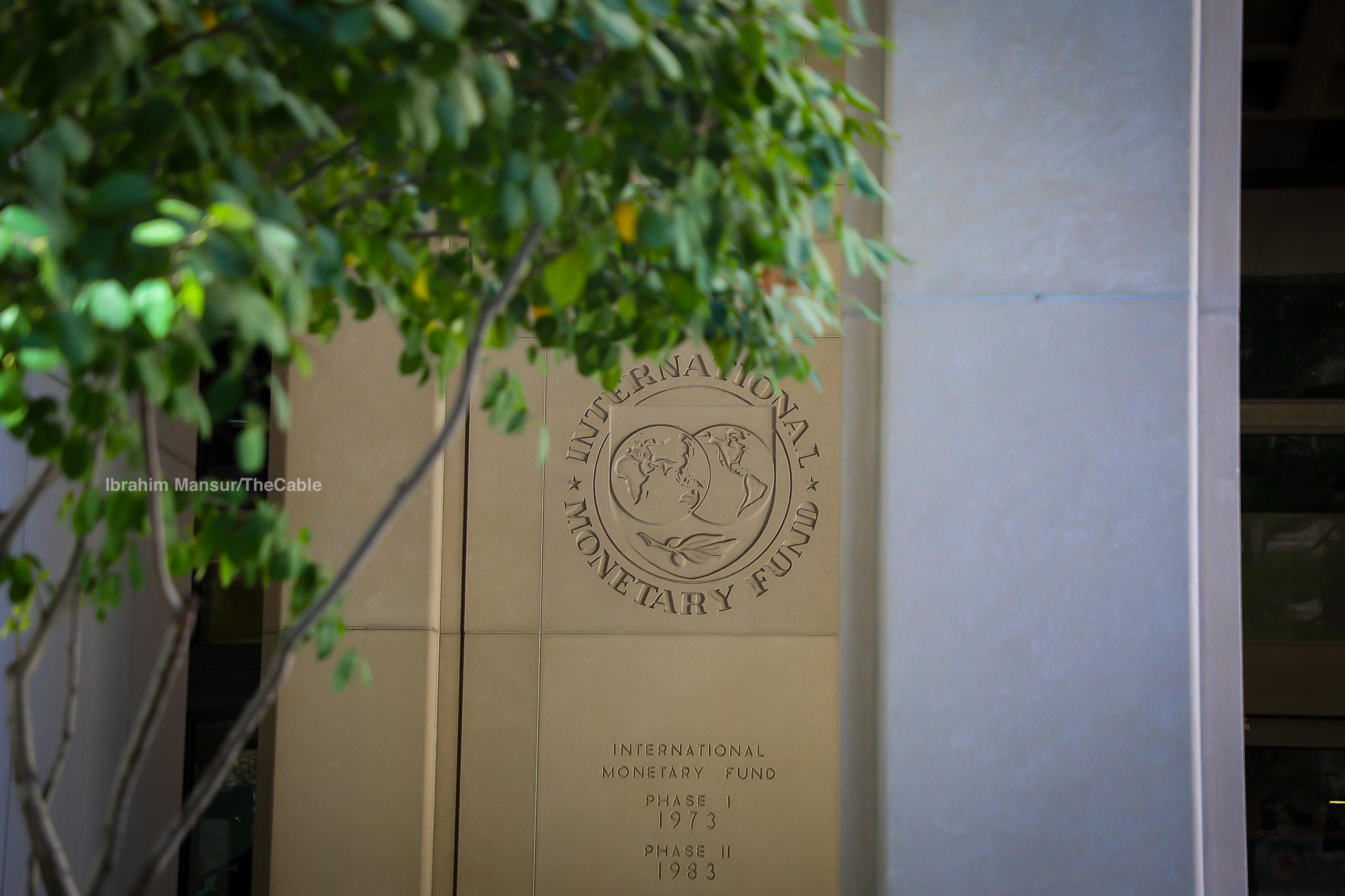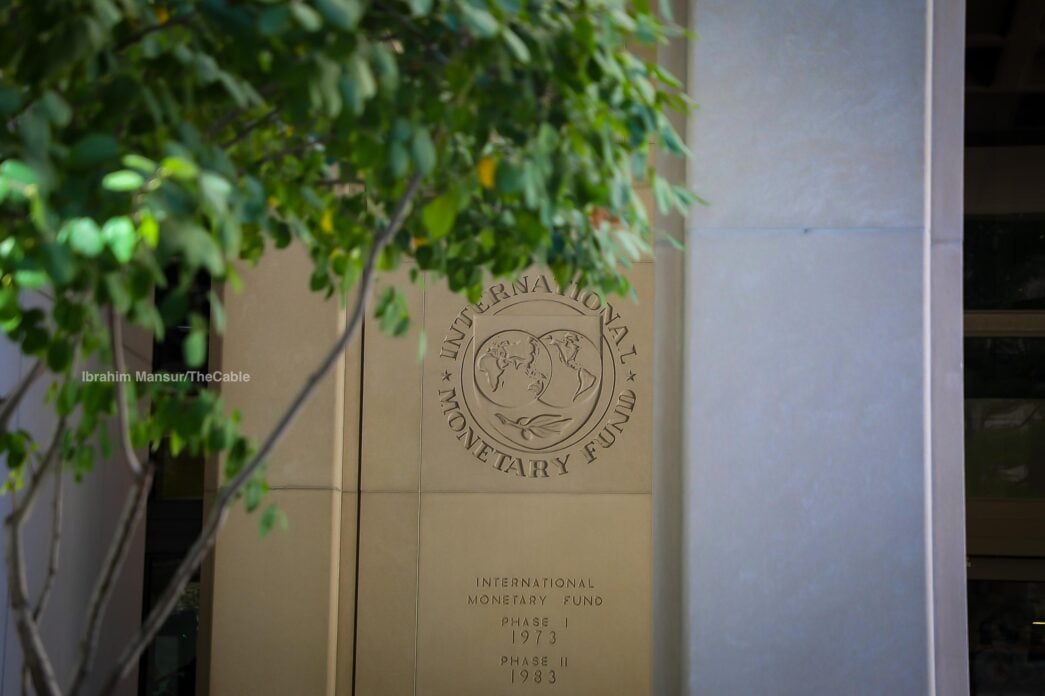IMF headquarters in Washington DC

The International Monetary Fund (IMF) says global public debt-to-gross domestic product (GDP) could reach 117 percent of GDP by 2027.
In its latest Fiscal Monitor report, launched at the ongoing 2025 IMF-World Bank spring meetings on Wednesday, the institution said major policy shifts have heightened global uncertainty.
The report noted that the tariff announcements by the United States, and countermeasures by other countries have increased financial market volatility, weakened growth prospects, and increased risks.
Advertisement
While debt levels in many countries had risen, straining public finances, the fund said rising yields in major economies and widening spreads in emerging markets “further complicate the fiscal landscape”.
“We project global public debt to increase by 2.8 percentage points this year—more than twice the estimates for 2024—pushing debt levels above 95 percent of gross domestic product,” the report reads.
“This upward trend is likely to continue, with public debt nearing 100 percent of GDP by the end of the decade, surpassing pandemic levels.”
Advertisement
According to the IMF, with substantial policy uncertainty and a shifting economic landscape, debt levels could rise further, leading to fiscal policy trade-offs, like “balancing debt reduction, building buffers against uncertainties, and meeting urgent spending needs amid weaker growth prospects and higher financing costs”.
“Debt risks were already elevated,” the report further reads.
“According to the Fiscal Monitor’s debt-at-risk, which utilizes data up to December 2024, in a severely adverse scenario global public debt could reach 117 percent of GDP by 2027.
“This would represent the highest level since World War II, exceeding reference projections by almost 20 percentage points.”
Advertisement
The IMF advised that countries will need to “first and foremost put their own fiscal house in order”, in a world that is uncertain and rapidly changing.
“This means implementing prudent policies within robust fiscal frameworks to build public confidence and help reduce uncertainty,” the fund said.
The institution said fiscal policy should prioritise reducing public debt and establishing and widening buffers to address spending pressures and economic shocks.
In addition, the report recommended that countries with limited “room” in government budgets should implement gradual and credible consolidation plans and allow automatic stabilisers, like unemployment benefits, to work effectively.
Advertisement
Meanwhile, the IMF held a positive outlook for Nigeria’s debt-to-GDP ratio, projecting a decrease from 52 percent in 2025 to 51.6 percent in 2026, and 49 percent in 2027.
On April 23, the IMF urged Nigeria to spend wisely and strengthen its fiscal institutions to ensure long-term economic stability, as global economic growth slows.
Advertisement











